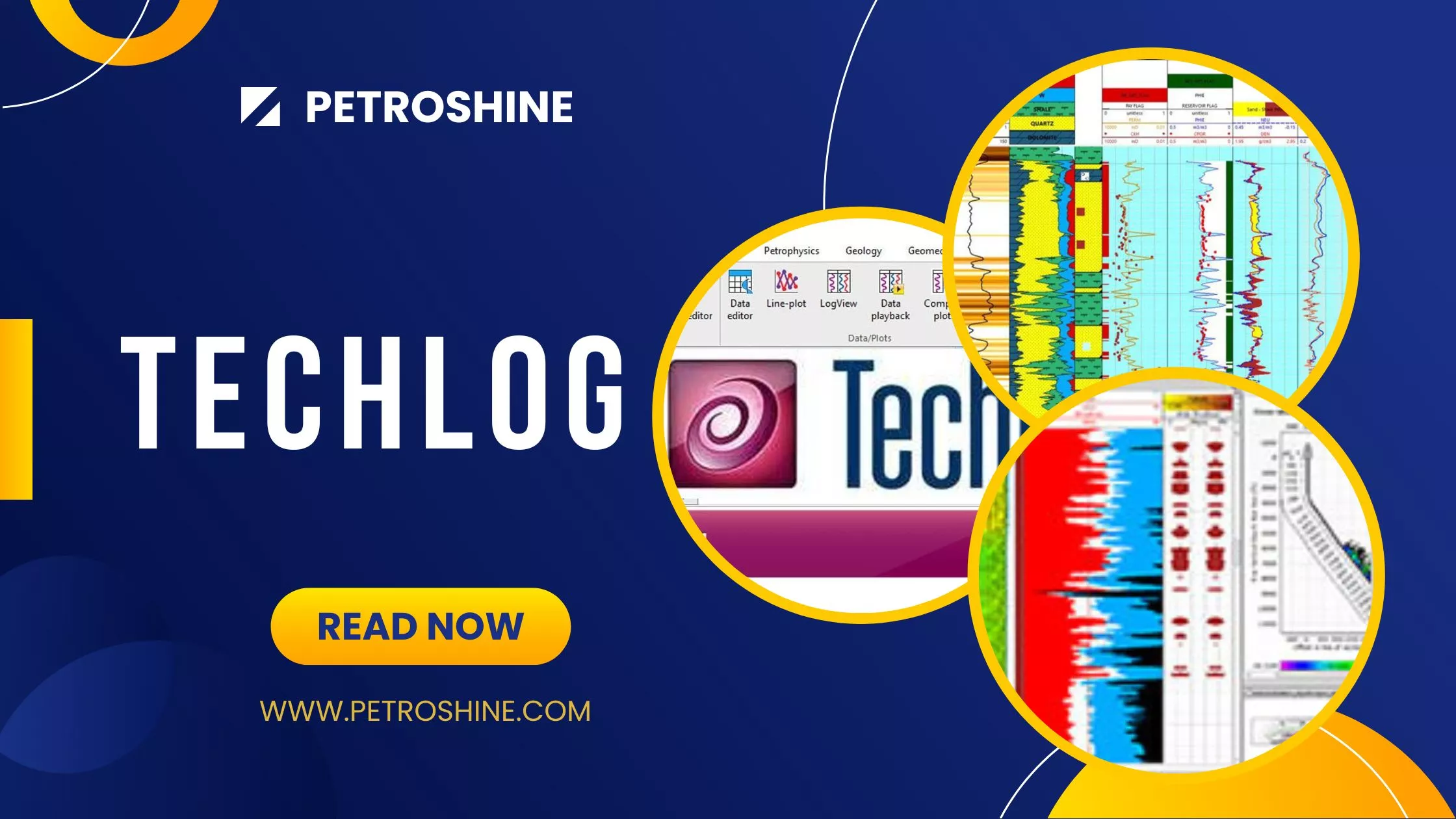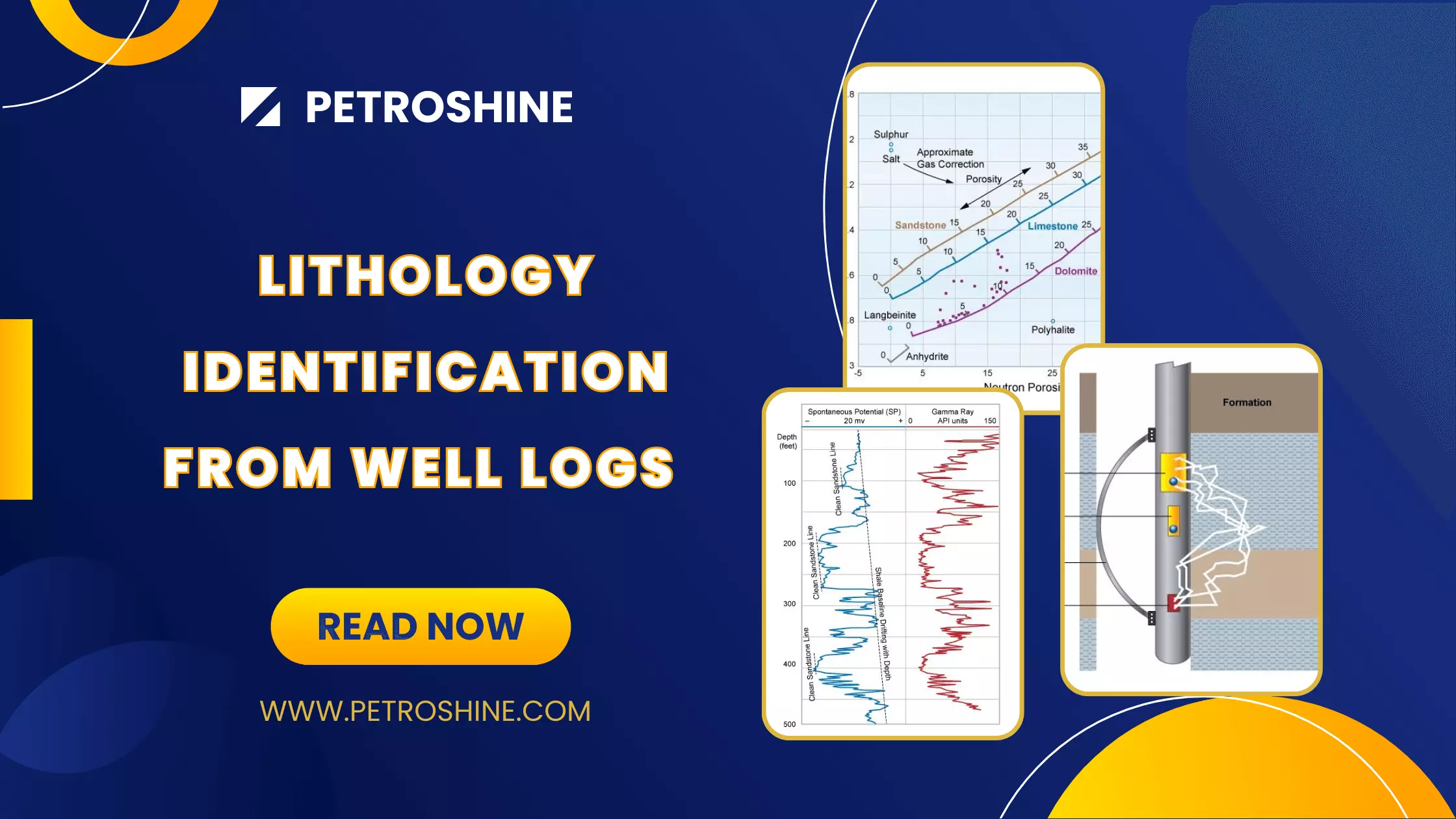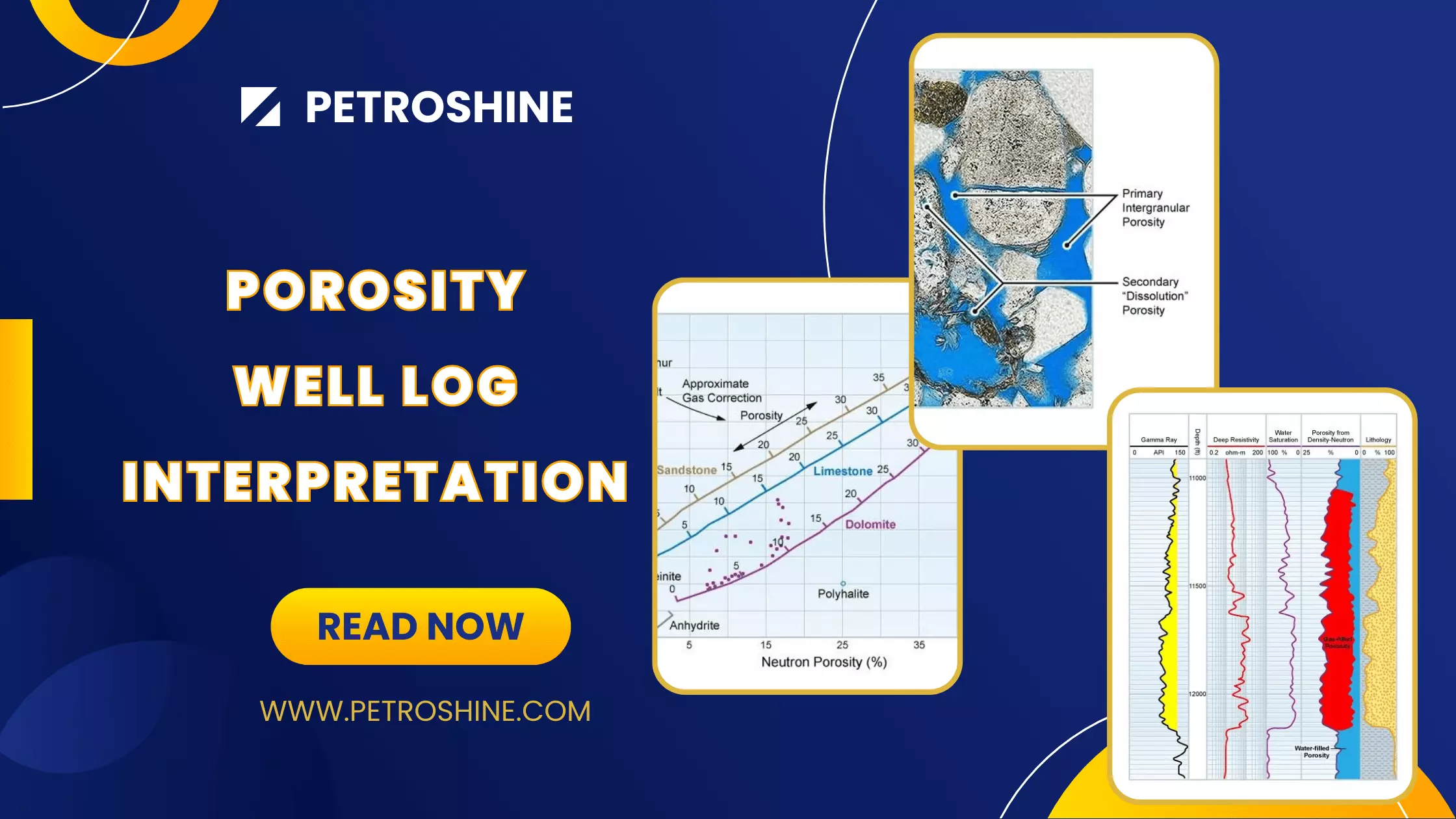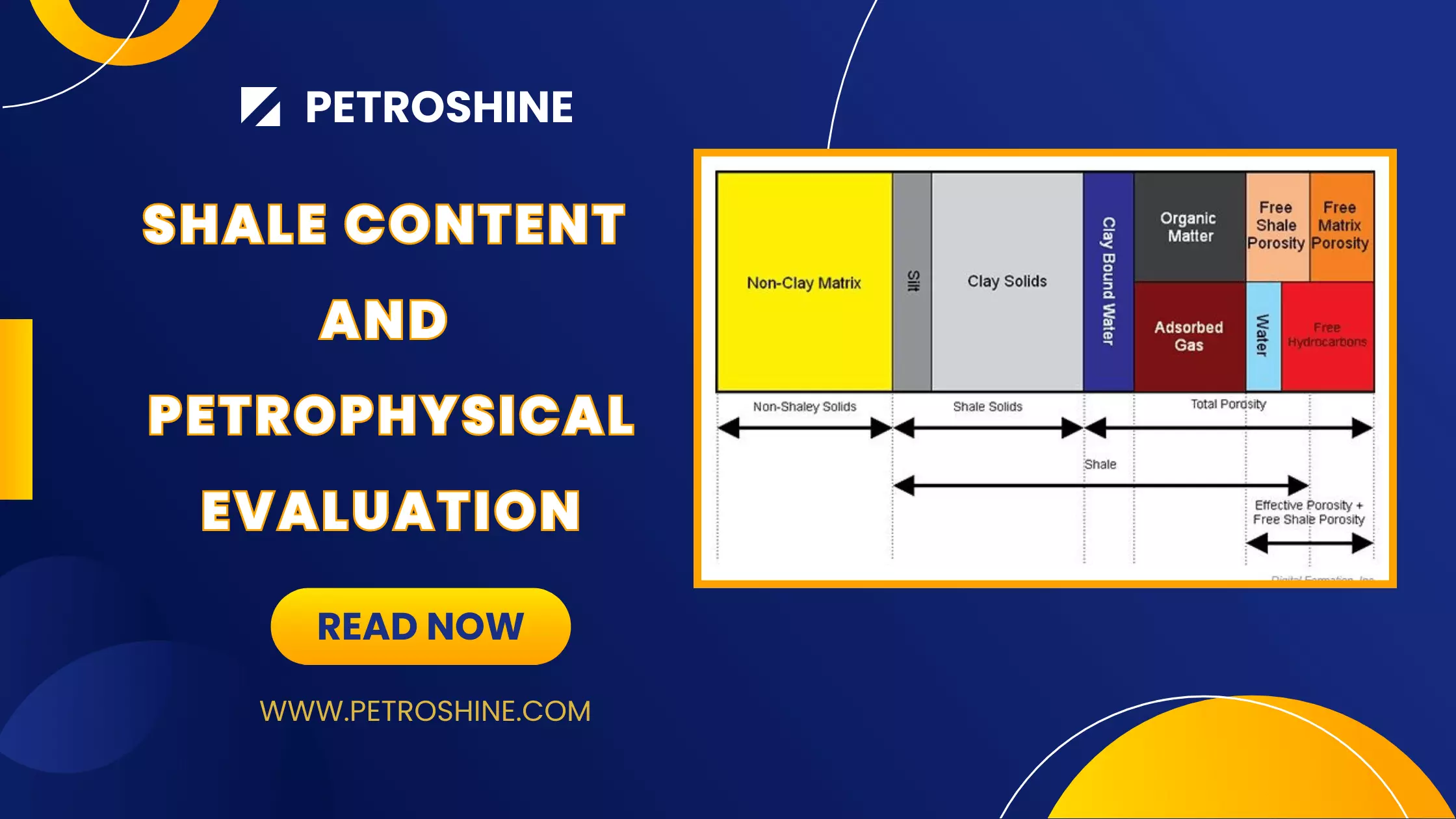Future Prospects and Research Eolian Environments
The study of eolian environments in petroleum geology continues to evolve, offering exciting prospects for future exploration and research. Here are some areas of interest and potential avenues for future investigation:
Advanced Reservoir Characterization Techniques
Advancements in reservoir characterization techniques hold great promise for improving our understanding of eolian reservoirs. High-resolution imaging technologies, such as 3D seismic surveys and well log analysis, combined with advanced computational modeling, can provide detailed insights into the complex heterogeneity and fluid flow behavior within eolian reservoirs. Integrating these techniques with machine learning algorithms can further enhance reservoir characterization accuracy and help optimize production strategies.
Enhanced Recovery Methods
As hydrocarbon reserves become more challenging to access, the development of innovative enhanced recovery methods becomes crucial. Eolian reservoirs often exhibit low recovery factors due to inherent heterogeneity and fluid flow challenges. Research efforts focused on developing enhanced oil recovery techniques tailored specifically for eolian reservoirs, such as surfactant flooding, carbon dioxide injection, or thermal methods, could significantly improve hydrocarbon recovery rates and maximize the economic potential of these reservoirs.
Integrated Geologic-Geophysical Studies
Further integration of geologic and geophysical data sets can provide a comprehensive understanding of eolian environments. Combining seismic attributes, gravity and magnetic surveys, and well data with sedimentological observations can help unravel the complex depositional processes, stratigraphic architecture, and structural framework within eolian reservoirs. These integrated studies can enhance reservoir characterization accuracy and reduce exploration risks.
Geochemical Analysis and Source Rock Evaluation
Incorporating geochemical analysis techniques, such as source rock evaluation and basin modeling, can provide valuable insights into the origin and maturity of source rocks associated with eolian reservoirs. Understanding the hydrocarbon generation and migration processes within eolian systems can help identify optimal exploration targets, evaluate the petroleum potential of eolian environments, and assess the quality of potential source rocks.
Environmental Implications and Sustainability
With the increasing emphasis on environmental sustainability, future research should also focus on understanding the environmental implications associated with exploration and production activities in eolian environments. Evaluating the ecological impact, water resource management, and carbon footprint of operations in these sensitive arid regions is vital for responsible resource development and minimizing environmental disturbances.
By addressing these research areas and exploring the future prospects, the petroleum industry can unlock the full potential of eolian environments as hydrocarbon reservoirs while ensuring sustainable practices and minimizing environmental impacts.
Continued research and technological advancements will further enhance our understanding of eolian environments, improve exploration success rates, optimize reservoir management, and contribute to the sustainable development of hydrocarbon resources in these unique depositional settings.
Conclusion
In conclusion, eolian environments provide unique opportunities and challenges in petroleum geology. The study of these depositional settings contributes to our understanding of past wind processes, reservoir characterization, and sustainable resource development. With ongoing research and technological advancements, we can unlock the full potential of eolian reservoirs and navigate the complexities of the petroleum industry while preserving the environment for future generations.
 Petro Shine The Place for Oil and Gas Professionals.
Petro Shine The Place for Oil and Gas Professionals.



